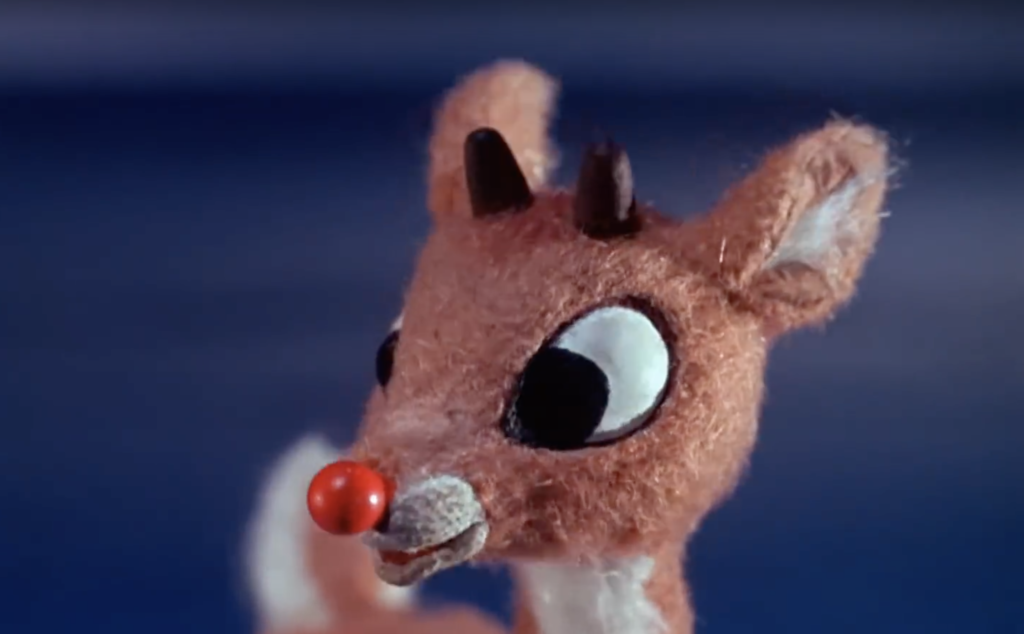Last year, the beloved Christmas classic “Rudolph the Red-Nosed Reindeer” was “seriously problematic,” but this year, it’s all good.
The Huffington Post flagged the holiday stop-motion movie last Christmas for its racist and homophobic overtones. But this year, a transgender writer for The New York Times is championing the movie as the “queerest holiday special ever” — and casting aspersions on any conservative who dares think otherwise.
In the piece, Jennifer Finney Boylan writes, “Conservatives seem to miss the point of a lot of things having to do with Christmas, actually.”
An ironic observation, given the entire meaning of the season is to celebrate the birth of the savior, Jesus.
“There’s plenty of queer code in Christmastown,” Boylan asserts. “After Rudolph’s red nose shines in his father Donner’s cave, for instance, causing Donner a curiously profound mortification, the old man comes up with a fake nose for his boy to wear. You know: so as not to offend The Straights.”
The writer goes on to suggest because the 1964 film deals with the feelings of those who don’t believe they fit in, like Hermey the Elf, Rudolph, and the misfit toys, the story must be about those in the LGBTQ community who stifle their respective sexualities in a world that rejects them.
Hermey is dispassionate about toy making and instead wants to be a dentist; Rudolph was born with a red nose, making him an oddity in the North Pole; and the misfit toys are unwanted gifts shuffled off to an island all their own.
In 2014, Paul Soles, who voiced Hermey, told CBC of the Christmas classic, “Everybody’s been to some degree separated out, found wanting, not quite fully fitting in.” As for how the plot of the movie came together, Arthur Rankin, Jr., one half of Rankin/Bass Productions, said the storyline was developed around Johnny Marks’ song “Rudolph the Red-Nosed Reindeer.” As for other songs in the movie — like “Island of Misfit Toys” — Rankin told the Television Academy Foundation they were intended to fit with “a dramatic situation we had developed” for the film.
The point is, just like Boylan, we can make the movie say something about us, too. Because it’s not specifically about LGBTQ people. It’s about people in general. It’s about the human experience of feeling like you don’t belong, of longing to be a part while living separate.
In fact, it could be a distinctly Christian message, one about how believers are to be “a peculiar people” in this temporary would — a place in which we ultimately do not belong. We are not of this world.
Jesus said in John 18:36, “My Kingdom is not an earthly kingdom. If it were, my followers would fight to keep me from being handed over to the Jewish leaders. But my Kingdom is not of this world.”
And just a few chapters earlier, in John 15:19, he said, “The world would love you as one of its own if you belonged to it, but you are no longer part of the world. I chose you to come out of the world, so it hates you.”
Then, in 2 Timothy 3:12, the apostle Paul told Christians, “Everyone who wants to live a godly life in Christ Jesus will suffer persecution.”
So at different times in the lives of believers, we are all Hermey, we are all Rudolph, and we are all misfit toys. “Rudolph the Red-Nosed Reindeer” is a story about the human experience, no matter what it might look like.



